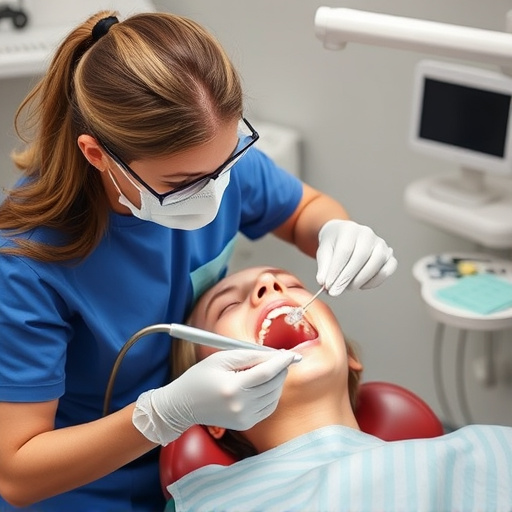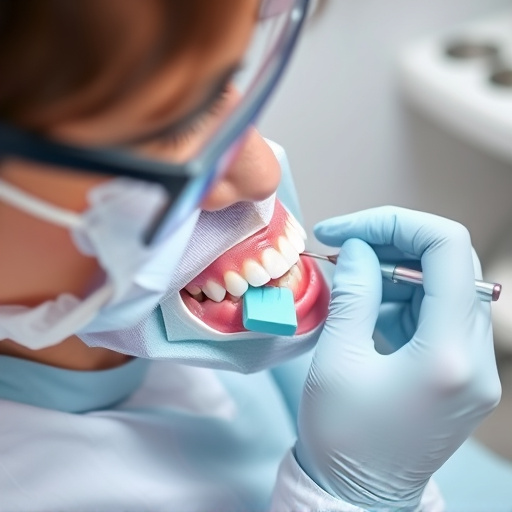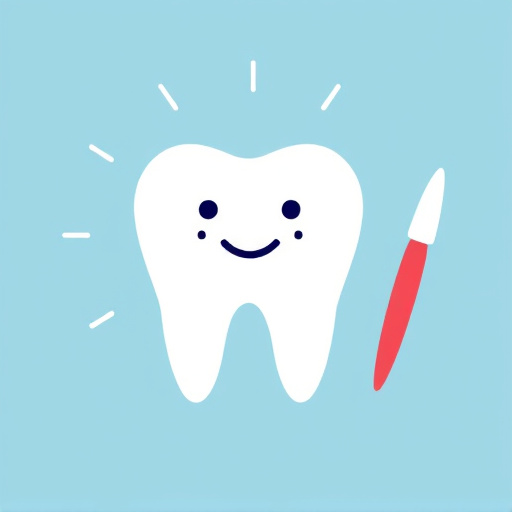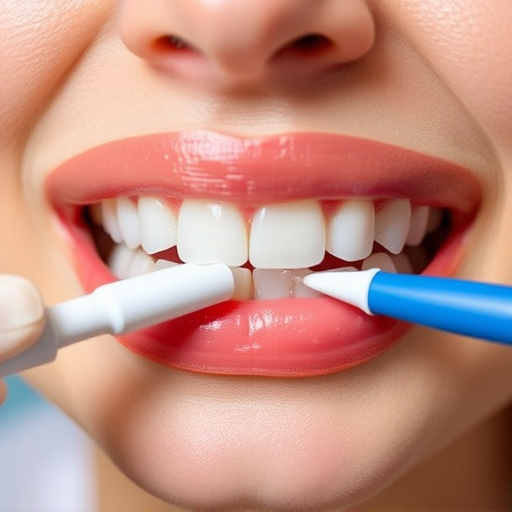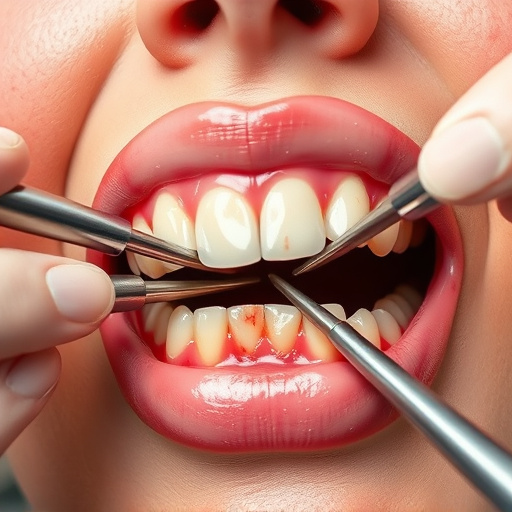An oral health assessment reveals the connection between diet and overall wellness, with nutrients like calcium and vitamin D crucial for strong teeth and gums. Regular dental check-ups, combined with guidance from family dentistry professionals, offer insights into these links. A balanced diet rich in fiber, vitamins, and minerals prevents cavities and fosters better oral health, emphasizing a holistic approach beyond cosmetic procedures. Dental cleanings remove plaque and detect gum disease linked to systemic conditions like heart disease and diabetes. Lifestyle choices, such as wisdom tooth removal and dietary habits, impact oral health, with professionals interpreting assessments to offer personalized dietary advice for comprehensive prevention.
An oral health assessment can provide valuable insights into an individual’s overall well-being, revealing the profound connection between diet and lifestyle choices and their impact on dental condition. This article explores how nutritional deficiencies and daily habits influence teeth and gums. By understanding these links, we can uncover preventive strategies to maintain optimal oral health. From uncovering dietary gaps to analyzing lifestyle factors, this guide delves into the essential aspects of an oral health assessment, offering a holistic perspective on dental care.
- Uncovering Connections Between Diet and Oral Health
- Lifestyle Factors Influencing Dental Condition
- Interpreting Results: Nutrition's Impact on Teeth and Gums
Uncovering Connections Between Diet and Oral Health
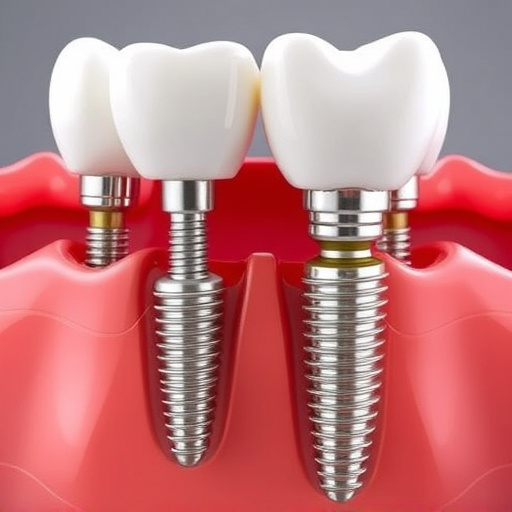
An oral health assessment can reveal surprising connections between diet and overall wellness. The food we consume plays a direct role in maintaining strong teeth and gums, with nutrients like calcium and vitamin D being essential for bone density and enamel strength. Conversely, poor dietary choices can lead to tooth decay, gum disease, and even impact the health of surrounding tissues.
Regular dental check-ups and discussions with family dentistry professionals offer valuable insights into these links. For instance, certain foods high in sugars and starches contribute to bacterial growth in the mouth, resulting in plaque buildup and potential cavities. In contrast, dietary modifications focusing on whole foods rich in fiber, vitamins, and minerals can help foster a healthier oral environment. This holistic approach to oral health considers not just dental bonding or implants, but also the preventative measures that start with a balanced diet and lifestyle.
Lifestyle Factors Influencing Dental Condition
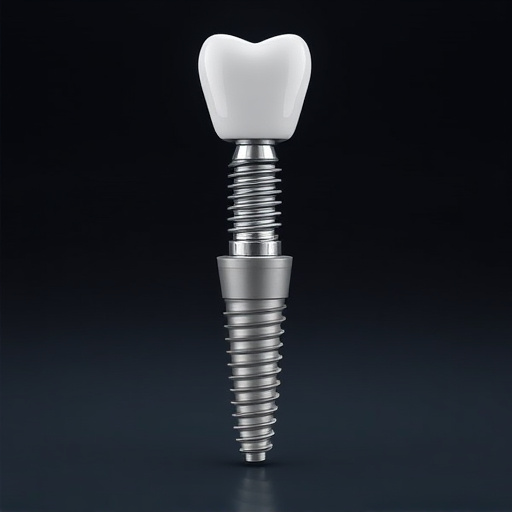
Oral health assessment provides a comprehensive view of an individual’s dental condition, revealing the intricate connection between overall health and daily habits. Lifestyle factors play a significant role in maintaining or compromising oral hygiene. Regular dental cleanings are essential not only for removing plaque buildup but also for early detection of potential issues like gum disease, which is closely linked to systemic conditions such as heart disease and diabetes.
Beyond routine dental care, certain lifestyle choices can impact oral health. For example, the wisdom tooth removal procedure becomes necessary when these teeth cause overcrowding or develop improperly, leading to infection or damage to adjacent teeth. Additionally, diet plays a crucial part; excessive sugar consumption contributes to tooth decay while a balanced diet rich in calcium and vitamins supports strong teeth and gums, even in children’s dentistry.
Interpreting Results: Nutrition's Impact on Teeth and Gums
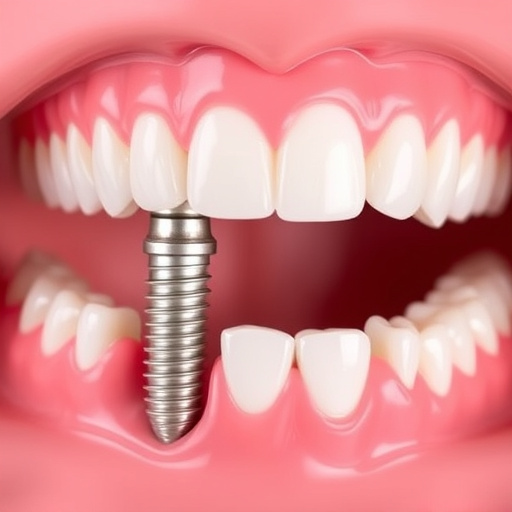
An oral health assessment reveals a fascinating connection between nutrition and the well-being of our teeth and gums. When analyzing the results of such assessments, dental professionals can gain valuable insights into an individual’s overall health and lifestyle choices. Nutritional deficiencies or excesses often manifest in the mouth, providing a unique window into the body’s needs. For instance, inadequate intake of calcium and vitamin D can lead to weakened enamel, making teeth more susceptible to decay. Similarly, dietary fluctuations affecting glycemic control can contribute to gum inflammation and disease.
By interpreting these findings, dentists can offer tailored advice on improving oral health and prevent potential issues. This may include recommendations for dietary adjustments, such as incorporating calcium-rich foods or managing sugar intake, which are crucial in children’s dentistry. Moreover, a comprehensive dental care routine should address nutrition’s role in maintaining healthy teeth and gums, alongside other preventive measures like regular cleaning and check-ups.
An oral health assessment serves as a powerful tool to uncover the intricate connection between diet, lifestyle, and dental well-being. By examining teeth and gums, we can gain valuable insights into nutrition’s role in maintaining a healthy smile. Understanding these relationships enables us to make informed decisions about our eating habits and daily routines, ultimately promoting optimal oral health. This assessment highlights the fact that taking care of our mouths isn’t just about brushing and flossing; it’s deeply intertwined with the choices we make regarding what we eat and how we live.






